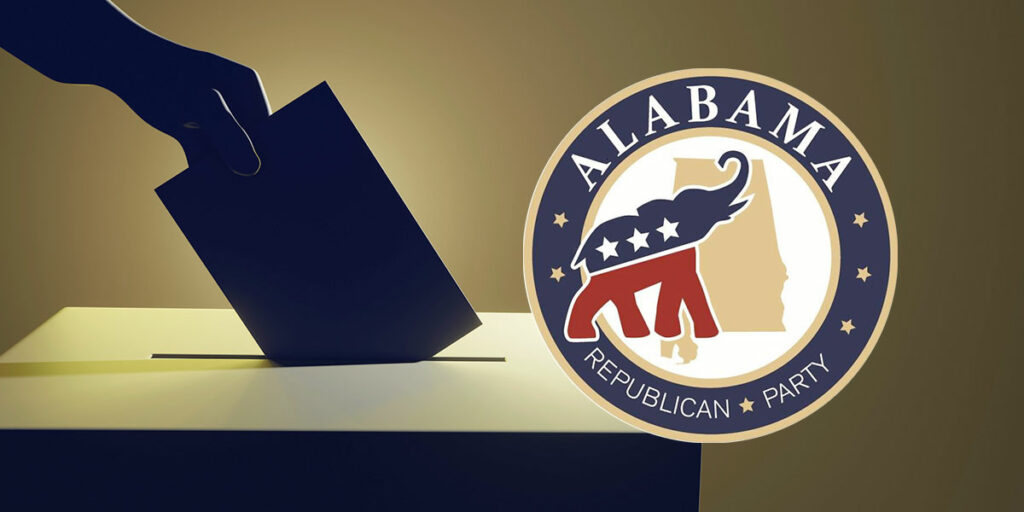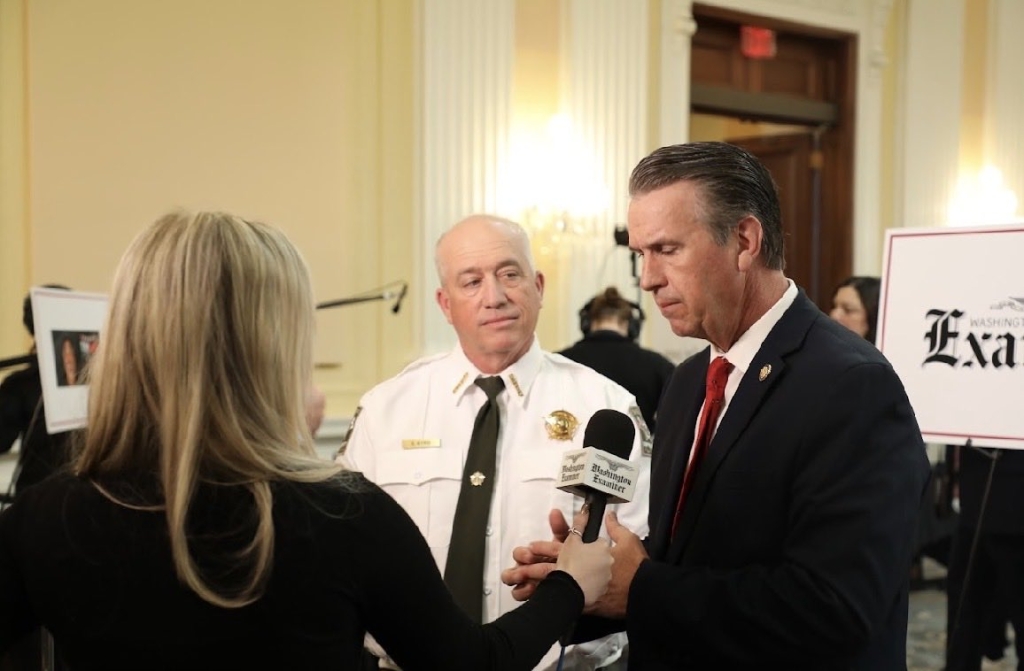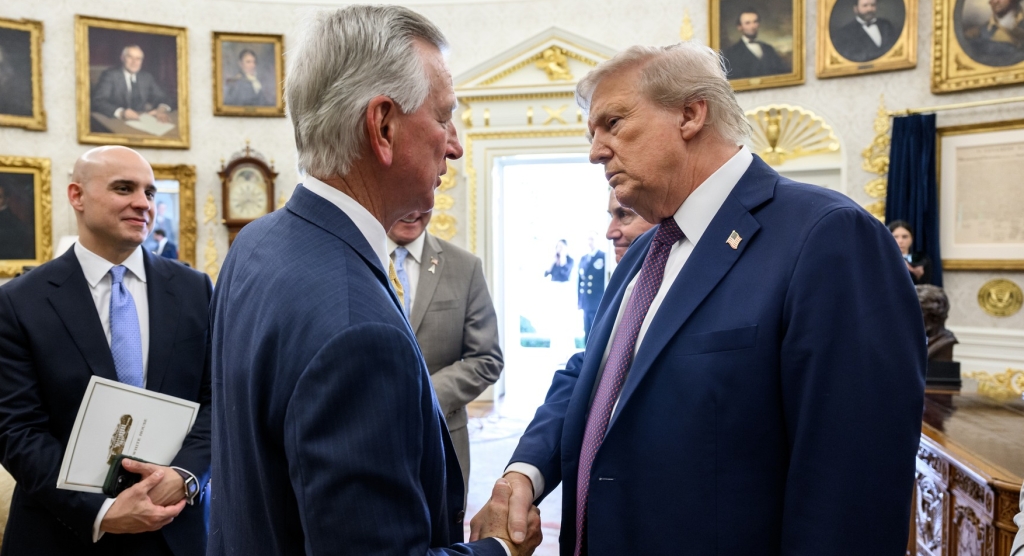Major League Baseball’s moving the 2021 All-Star Game from Atlanta over Georgia’s new voting law symbolizes businesses’ new willingness to take sides on political issues, typically the progressive side. Businesses previously avoided offending potential customers or employees. Selling to both Republicans and Democrats maximizes profit!
Vivek Ramaswamy explores the causes and consequences of “woke” business in Woke Inc: Inside Corporate America’s Social Justice Scam. The book offers numerous valuable insights and creative analyses. Mr. Ramaswamy is the child of immigrants from India who grew up in Ohio. He attended Harvard for undergrad and Yale Law School and worked in pharmaceuticals including as CEO of Roivant Sciences before stepping down in 2021.
Progressive business leaders emphasize “stakeholders” (workers, suppliers, communities, etc.) over stockholders, the owners. Mr. Ramaswamy sees stakeholderism as a ploy. A CEO serving many masters need not follow orders from any: “By becoming accountable to literally everyone, they become accountable to no one.” Managers with a fiduciary duty to the stockholders can be held accountable.
Many companies cultivate glowing reputations to cover their misdemeanors. Mr. Ramaswamy highlights Volkswagen, hailed as the world’s most sustainable automaker. “Clean diesel” cars briefly made VW the world’s top automaker. Except the company was using “defeat devices” to cheat on emissions tests.
The author views finance’s wokeness an arranged marriage. The financial crisis bailouts sparked Occupy Wall Street and big fines from the Federal government. Goldman Sachs and others led on wokeness to deflect attention from their misdeeds.
Employees often push wokeness. Mr. Ramaswamy notes that Roivant’s Ivy League grads arrived woke. The New York Times’ newsroom staff have similarly staged numerous woke revolts. Leftists view everything as political, so making all institutions advance progressive social goals fits the game plan.
Mr. Ramaswamy believes that corporate politics seriously threatens our democracy. Politics – based on one person, one vote – should decide questions like inequality or climate change. CEOs have excessive influence when corporations do politics. Making businesses maximize profit was “about protecting the rest of society from a Frankensteinian corporate monster.”
Woke business involves firings for politically incorrect views. Google fired engineer James Damore in 2017 for questioning its’ gender equity hiring policy. Just this month software company Outreach fired Griffin Green for his Tik Tok videos. Sexist and racist behaviors can disrupt workplaces; as a free market economist, I grant managers significant discretion on company business. But managers seem to be placating the social media mob while performing scant due diligence.
What to do about this? Mr. Ramawarmy suggests using existing laws against religious discrimination: “[S]ince wokeness is a religion, employers can’t impose it upon their employees.” Does “wokeness” qualify as religion? Columbia University’s John McWhorter provides a strong affirmative argument in Woke Racism.
Social media censorship is another element of woke business. Let’s grant social media bias against conservatives. Again, the question is what to do. I believe that only governments can censor. A media company only denies a speaker the use of its platform and cannot prevent the speaker from using other platforms.
Mr. Ramaswamy offers another intriguing suggestion. Criminal law holds that the police cannot have someone conduct an otherwise illegal search. Twitter and Facebook act as government agents in censoring political speech. Again, existing law can address a problem.
The problem of woke business, I think, goes beyond an opportunistic scam. Corporate America’s use of wokeness as a cover for making profit likely stems from an unwillingness or inability to defend the morality of business. Notre Dame’s James Otteson observes how many people believe that business should “give back.” But only those who have done wrong must give back. Professor Otteson argues that “Honorable business is neither morally suspicious nor even morally neutral: it is a positive creator of both material and moral value.”
Wokeness will not protect business for long because progressives, as Mr. Ramawarmy notes, are hostile to business. This arranged marriage will not produce lasting bliss for corporate America.
Daniel Sutter is the Charles G. Koch Professor of Economics with the Manuel H. Johnson Center for Political Economy at Troy University and host of Econversations on TrojanVision. The opinions expressed in this column are the author’s and do not necessarily reflect the views of Troy University.













